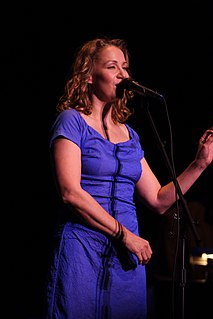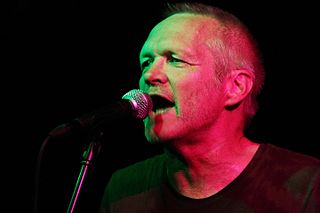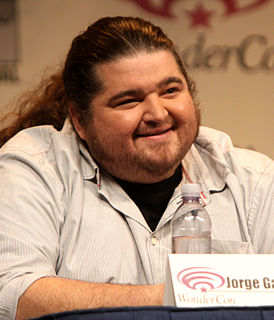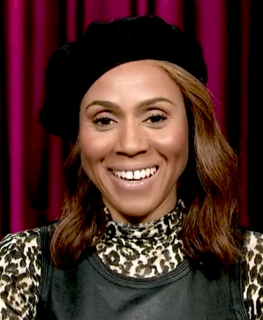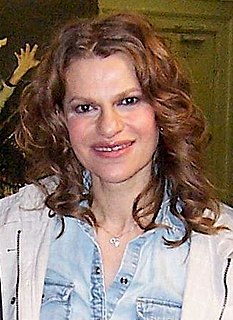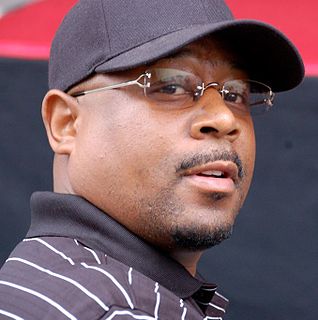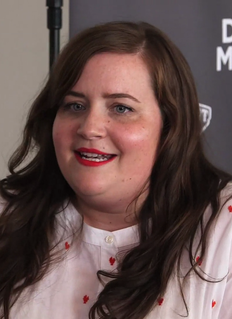A Quote by Joan Osborne
Even if I'm doing a show and there's five people in the audience and the sound system is terrible - I mean, it's been a while but I've certainly done those kind of shows where it's just every conceivable thing is against you - you still have music. It's still something that's real whether there's five people in the audience or a hundred thousand people in the audience. And that's always been there for me.
Related Quotes
The roles for women on television have historically always been stronger and that, I would say, is still true. The question is commerce. That's probably where there's a block for a lot of people, the commerce behind it. Where is the audience? And it's so clear to me that there is a huge audience for female-driven projects. People still seem to think it's a fluke when it happens. That's one of the hurdles that's still left to be jumped over.
From what I see, nowadays punk and anarchy are still connected with "fast loud music by smelly drunk chaos-people" and, yes, I know I'm over-generalizing here. So when the occasional venue still describes us The ex as "anarchopunk" that's a real bummer, since it attracts an audience that expects a kind of music - which we don't play - and it keeps away another audience that actually might have liked it when they would have come. That's a pity, for both them and us.
People don't like the music that's out now, that's on their radio stations, and they want to hear something different, but they're just the audience. You know, people will keep the TV on even if a show is on that they hate - because, unfortunately, they've been programmed to do that. [But] they are really looking for something that's gonna speak to the world that they're living in. That's what people are looking for, but they're not finding it.
I kind of roll my eyes when people say they make music for themselves or they make art just for themselves, because, maybe in their head, what that means is that they're making it for someone who they don't think is real. Their audience isn't real. But it's still a communicative act. It's still an outward manifestation of longing.
The average age of the Jazz audience is increasing rapidly. Rapidly enough to suggest that there is no replacement among young people. Young people aren't starting to listen to Jazz and carrying it along in their lives with them. Jazz is becoming more like Classical music in terms of its relationship to the audience. And just a Classical music is grappling with the problem of audience development, so is Jazz grappling with this problem. I believe, deeply that Jazz is still a very vital music that has much to say to ordinary people. But it has to be systematic about getting out the message.
What I love most about playing in front of people has something to do with a certain kind of energy exchange. The attention and appreciation of my audience feeds back into my playing. It really seems as if there is a true and equal give and take between performer and listener, making me aware of how much I depend on my audience. And since the audience is different every night, the music being played will differ too. Every space I performed in has its own magic and spirit.
